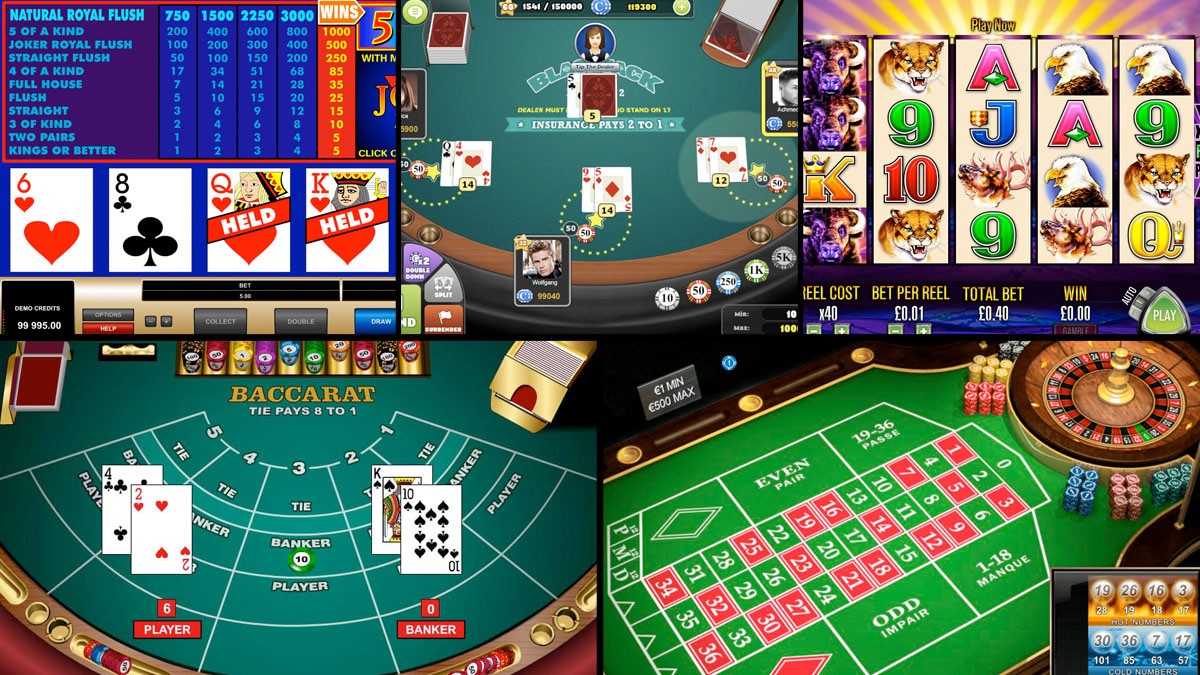Online gambling games have become a significant part of the digital entertainment landscape, revolutionizing the way people engage with betting and gaming activities. What started as a niche market in the 1990s has evolved into a global industry worth billions, offering players a vast array of options that range from virtual slots to sophisticated table games. The rise of online cbr4d, sports betting platforms, and other gaming environments has reshaped the gambling experience, offering convenience, variety, and accessibility.
A Brief History of Online Gambling
Online gambling’s origins trace back to the mid-1990s when the first online casinos were launched. In 1994, Antigua and Barbuda passed the Free Trade and Processing Act, allowing licenses to be granted to online gambling operators. This move paved the way for the establishment of the first online casinos, offering traditional casino games such as blackjack, roulette, and poker. The market’s growth was further accelerated by advancements in internet technology, increased internet accessibility, and improvements in online payment systems.
Over the years, technological innovations, including live dealer games, mobile gambling, and the integration of virtual and augmented reality, have transformed the online gambling landscape, making it more interactive and engaging.
Types of Online Gambling Games
The online gambling industry is diverse, offering a wide range of games to suit various tastes and preferences. Some of the most popular categories include:
- Online Casino Games:
- Slot Machines: These are the most iconic and widely-played games in online casinos. Modern video slots come in a variety of themes, from classic fruit machines to popular movie franchises. They often feature special bonus rounds, free spins, and progressive jackpots.
- Table Games: Online platforms offer popular table games like blackjack, roulette, baccarat, and craps. Players can enjoy these games either in virtual settings or through live dealer options, where real dealers manage the game via video stream.
- Poker: Online poker has seen explosive growth, with platforms offering a variety of poker games such as Texas Hold’em, Omaha, and Seven Card Stud. Online poker rooms allow players to participate in cash games, tournaments, or sit-and-go formats.
- Sports Betting: Online sportsbooks provide bettors with the opportunity to wager on a wide array of sports, including football, basketball, baseball, horse racing, and more. Many online platforms offer live in-play betting, where players can place bets during the game, making the experience more dynamic and exciting.
- Esports Betting: The rise of esports has led to a new category of online gambling where fans can bet on the outcome of video game tournaments. Popular titles like League of Legends, Dota 2, and Counter-Strike: Global Offensive attract large audiences and create a thriving betting market.
- Bingo and Lottery: Online bingo and lottery games are also immensely popular. Players can join virtual bingo halls or purchase tickets for online lottery draws, offering prizes that range from small jackpots to life-changing sums.
- Skill-Based Games: Some platforms offer skill-based gambling options, where players compete against each other in games that require strategy and expertise, such as fantasy sports, trivia, and even games like chess, where players can bet on the outcome.
Technology’s Impact on Online Gambling
The evolution of technology has played a pivotal role in shaping online gambling. Key technological innovations include:
- Mobile Gambling: The advent of smartphones and tablets has made it easier for players to access gambling games anytime and anywhere. Many online casinos and sportsbooks have developed mobile apps, providing seamless experiences across devices.
- Live Dealer Games: The introduction of live dealer games has brought the authentic casino atmosphere to online gambling. Through live streaming, real dealers run games in real time, allowing players to interact with them and other participants, mimicking the experience of a physical casino.
- Cryptocurrency and Blockchain: Cryptocurrencies like Bitcoin, Ethereum, and others have revolutionized online gambling by offering faster and more secure payment options. Blockchain technology also enables transparent and provably fair gaming, gaining traction in the industry.
- Artificial Intelligence and Machine Learning: AI has been used to enhance player experience through personalized recommendations and responsible gambling practices. Machine learning algorithms are also employed to detect fraudulent behavior and predict outcomes in certain games.
